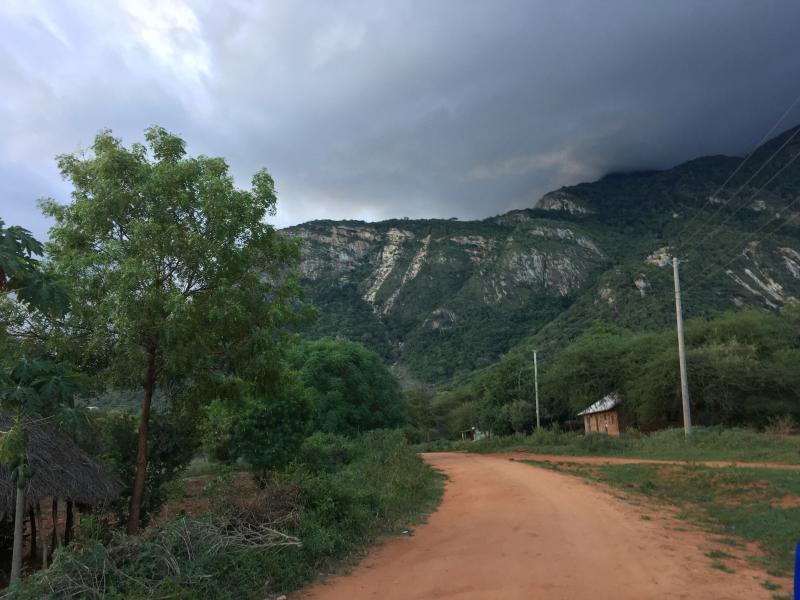×
The Standard e-Paper
Stay Informed, Even Offline

The 105-year-old torturous and bloody struggle of a small tribe in Taita Taveta for equal rights can aptly be described by the ancient epic Greek poem, Odyssey.
Wakasigau tribe’s story is of world wars, a 478-kilometre trek from Taita Taveta to Malindi through Mombasa and back, poisoned waters and diseases that killed hundreds.